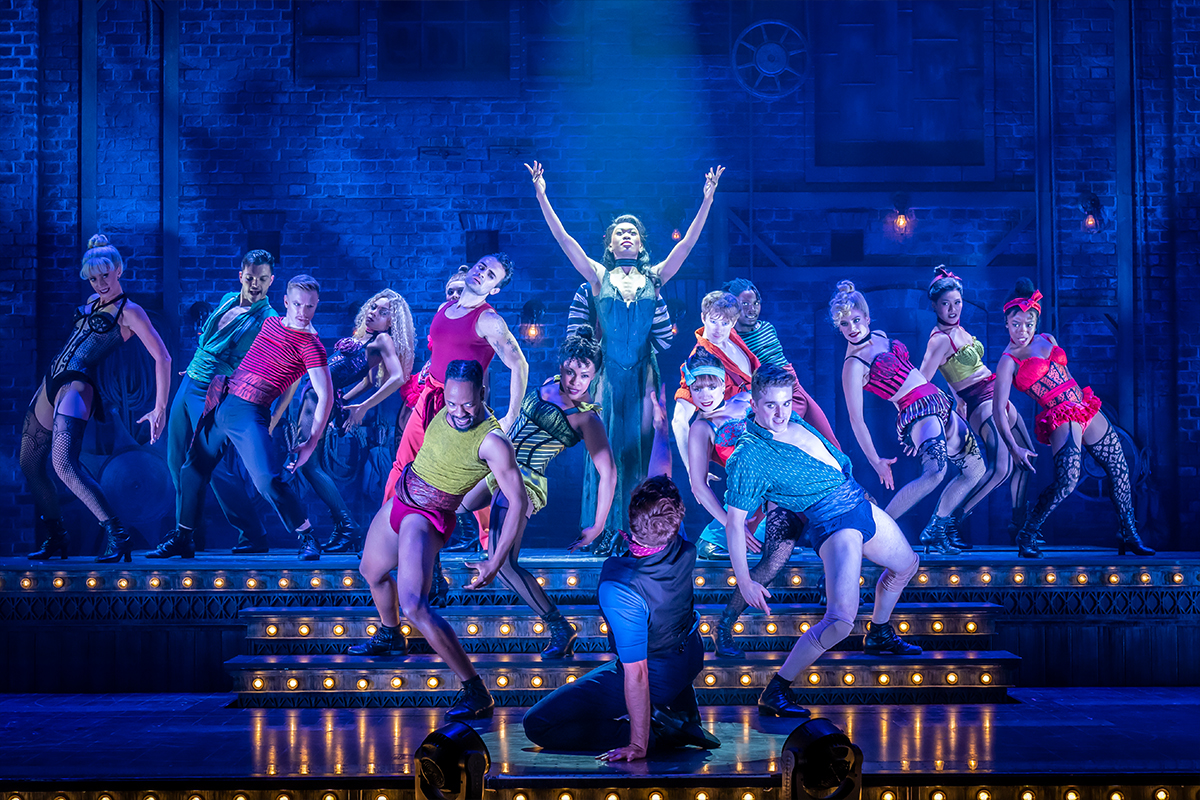Gatz
A
listless office worker, Nick, picks up a copy of The Great
Gatsby and starts reading it. His colleagues are sucked in
and act out F Scott Fitzgerald’s words (all 50,000 of them in the
short novella) over the next eight hours or so.
Nick,
played by Scott Shepherd, book-in-hand for all except the last
enraptured, reflective 40 minutes, becomes Nick Carraway,
Fitzgerald’s ambivalent narrator who works in New York’s
financial district in the post-war 1920s and becomes embroiled in Jay
Gatsby’s hedonistic Long Island lifestyle and his obsession with
Daisy Buchanan.
John
Collins’ production for the Elevator Repair Service of New York,
presented by LIFT, comes trailing all sorts of recommendations for
its radical austerity, but it strikes me as failing to have any
interesting attitude to its material, to be lazily engineered in the
modern dowdy office setting, and to be deeply non-theatrical.
The
same was not true of a much sharper distillation of Ernest
Hemingway’s The Sun Also Rises, which the ERS
brought to the Edinburgh Festival four years ago (running at a mere
three-and-a-half hours). Here, the show plods on with Jim Fletcher
as a doomy-voiced, Boris Karloff-style Gatsby and Lucy Taylor as a
whacked-out, unappealing subversion of his scintillating Southern
belle.
The
stage is deliberately under-energised, as if to place Fitzgerald’s
silvery, glistening prose in ironic relief. But the effect is the
opposite. The enervating tedium of the office set-up is disastrously
contagious, and the acting dull, with Manhattan street sounds
mingling with jazz age party noise and screeching car tyres on a
soundtrack operated in full view by one of the actors at the side of
the stage.
The
skill of great theatrical adaptations of novels – David Edgar’s
of Nicholas Nickleby, Shared Experience’s
A Passage to India, or even Les Misérables
– is to make you feel that nothing has been left out … apart from
the controlling voice of the narrating author. And here, that’s the
part you often wish had been omitted. While you see the point of not
having Robert Redford and Mia Farrow on the stage, boy do you long
for them by the end.
Certain
descriptive stretches, such as the first sight of Gatsby’s
illuminated mansion, or of the party drunk who declares, astonished,
that all the books in Jay’s library are real, or the proximity of
Daisy’s green light burning at the end of her dock across the bay,
sit up effectively, and it’s good to hear them. And no film
adaptation will ever include Nick’s confession that his underwear
is climbing around his legs like a wet snake on a blazingly hot New
York afternoon.
Nick’s
girlfriend, the golf champion Jordan Baker, thrice described as
“jaunty”, is pertly played by Susie Sokol, though the parallel
contrast between her relationship with Nick and that of Jay and
Daisy, which could have been more theatrically charged, is left
hanging. But I did like the desolate melancholy of the outing to the
Plaza Hotel, with the characters stranded in a livid half-light while
the strains of Mendelssohn’s wedding march seep through the
floorboards.
There’s
no clinching dramatic statement of how the enigmatic boss in the
contemporary office relates to his alter ago, Gatsby, and the framing
stage metaphor is simply abandoned in the rhapsodic adieus of the
last pages. And what could have been a surprise masterstroke, the
appearance of Jay’s father at the end, is merely a crushing
let-down, hide-bound by textual fidelity and very poor acting.










